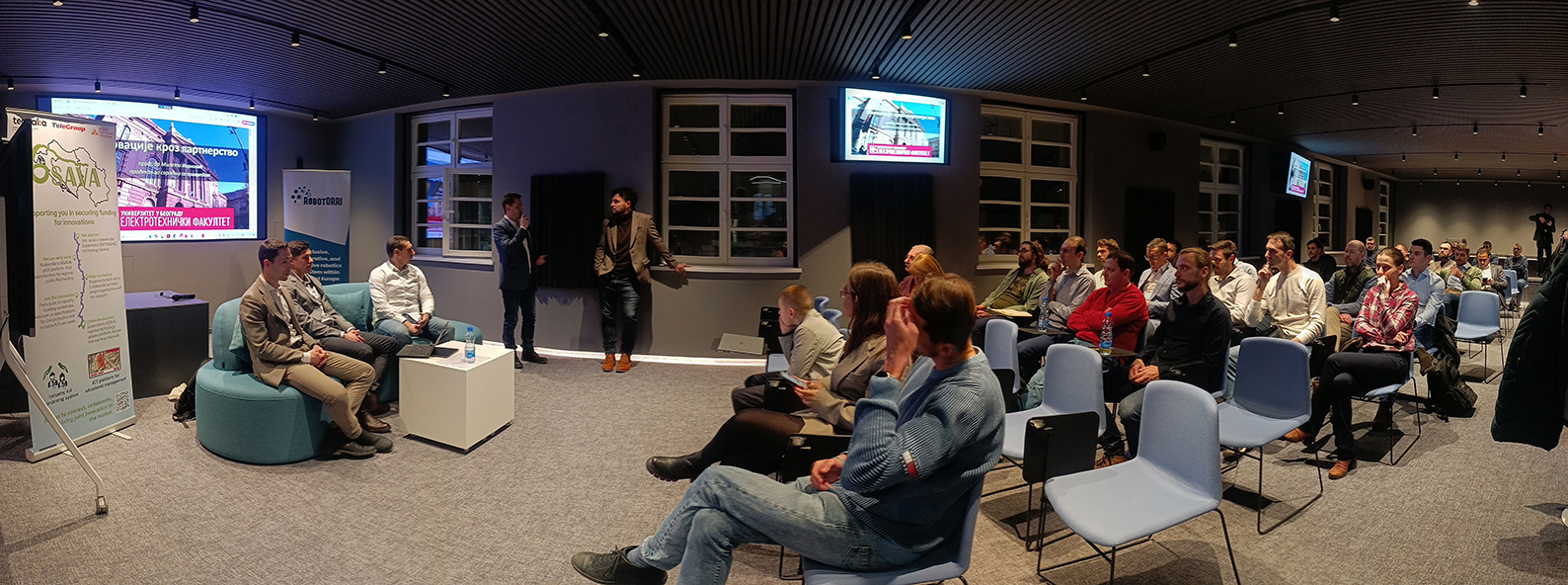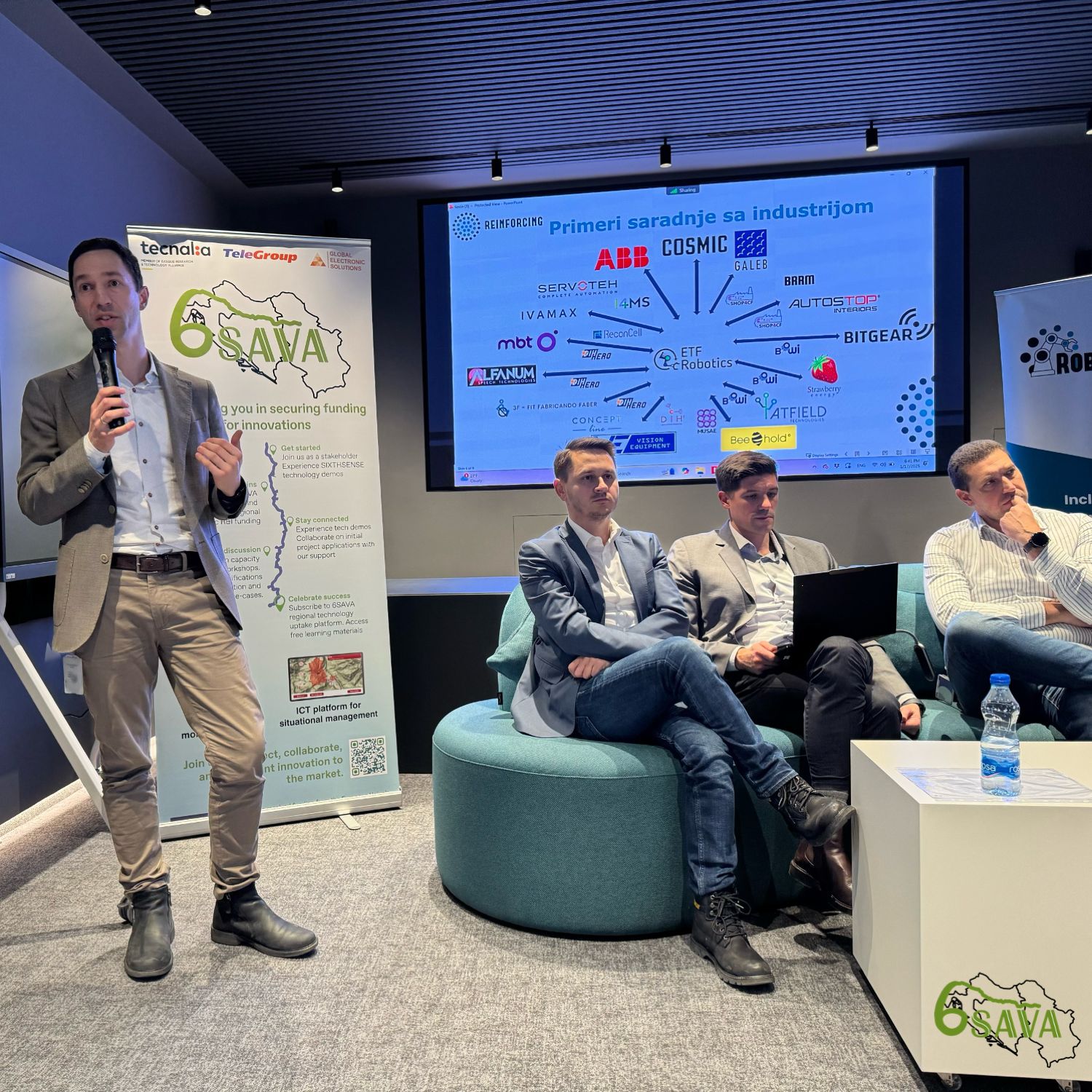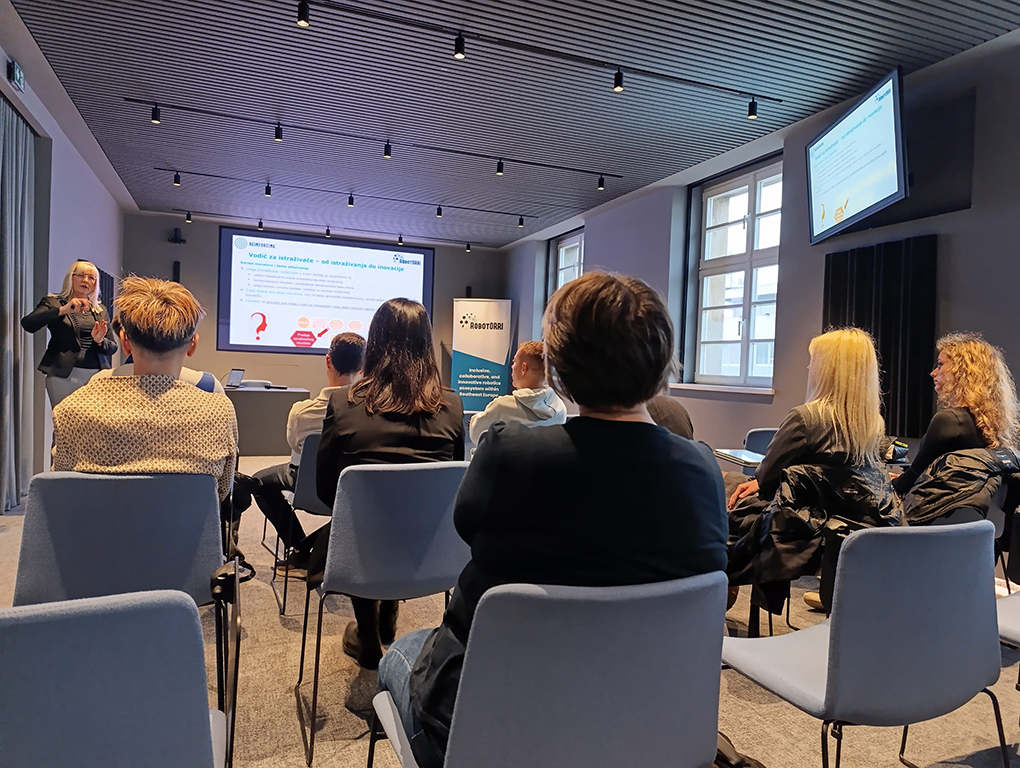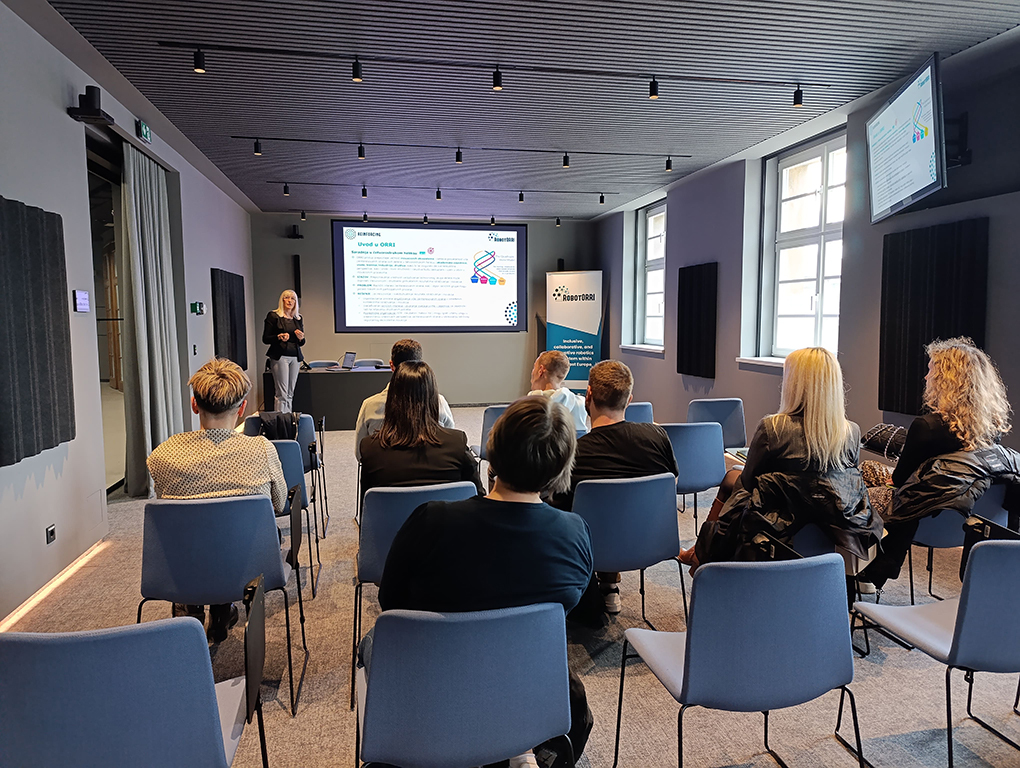The RobotORRI project is a bold initiative designed to advance the robotics ecosystem in Southeast Europe by building a more inclusive, collaborative, and innovative environment. The project focuses on enhancing research capabilities, fostering meaningful industry partnerships, and integrating Diversity, Equity, and Inclusion (DEI) principles into robotics development and implementation. By addressing key challenges and promoting open and responsible research and innovation (ORRI), RobotORRI aims to contribute significantly to societal advancement, economic development, and the sustainable application of robotics technology to solve real-world problems.
RobotORRI
RobotORRI
8/2024 – 8/2025
ETF Robotics, HUB9
Horizon Europe, Call: HORIZON-CL4-2021-HUMAN-01, grant agreement no. 101070421
Коста Јовановић
The project aims to significantly enhance the understanding and implementation of Open and Responsible Research and Innovation (ORRI) among researchers and industry professionals through a comprehensive capacity-building program. This program includes workshops, online modules, and mentorship, equipping participants (researchers and industry players) with practical tools to integrate ORRI principles into their projects.
RobotORRI invites researchers, industry leaders, students, innovators, and policymakers across Southeast Europe to join us in transforming the regional robotics landscape. By joining RobotORRI, you will have the opportunity to elevate your expertise, expand your networks, discover new opportunities for innovation and growth, and join our interactive sessions and networking events to explore the latest in robotics technology.
Project Objectives
The first objective is to conduct a thorough mapping and outreach effort across Southeast Europe to identify and connect with robotics researchers, students, and innovators. This process will involve understanding their focus areas and skills, laying the foundation for capacity-building programs to strengthen the region’s robotics research community.
To address the gaps and opportunities identified through the mapping exercise, RobotORRI will develop and deliver workshops and training sessions that cover key topics such as open innovation practices, research ethics, gender considerations, societal impacts, and the commercialization of research. This capacity-building initiative aims to equip participants with the necessary skills to excel in academic and industrial settings.
Recognizing the importance of industry collaboration, the project will conduct market scouting to identify key industry partners in robotics application domains. Tailored training sessions will be offered to industry managers to educate them on the benefits and implementation of open innovation practices. Additionally, RobotORRI will work closely with industry partners to define specific robotics-based challenges that align with Sustainable Development Goals (SDGs) and address real-world needs.
RobotORRI will organize a series of events, including networking days, interactive workshops, and the „RobotORRI Café,“ a unique platform for dialogue and collaboration. These events will engage researchers, industry stakeholders, policymakers, and the public in meaningful discussions on social and industrial challenges.
The project aims to strengthen the understanding and implementation of ORRI principles among researchers and industry professionals. This will be achieved through training, mentorship, and the development of enabling conditions at an institutional level, such as supportive policies and reward systems for ORRI integration.
Training 1: Innovation through partnership: models of cooperation between science and business
Training 2: How to use academic resources for technology placement/technological challenges
Training 3: Open and Responsible Research and Innovation
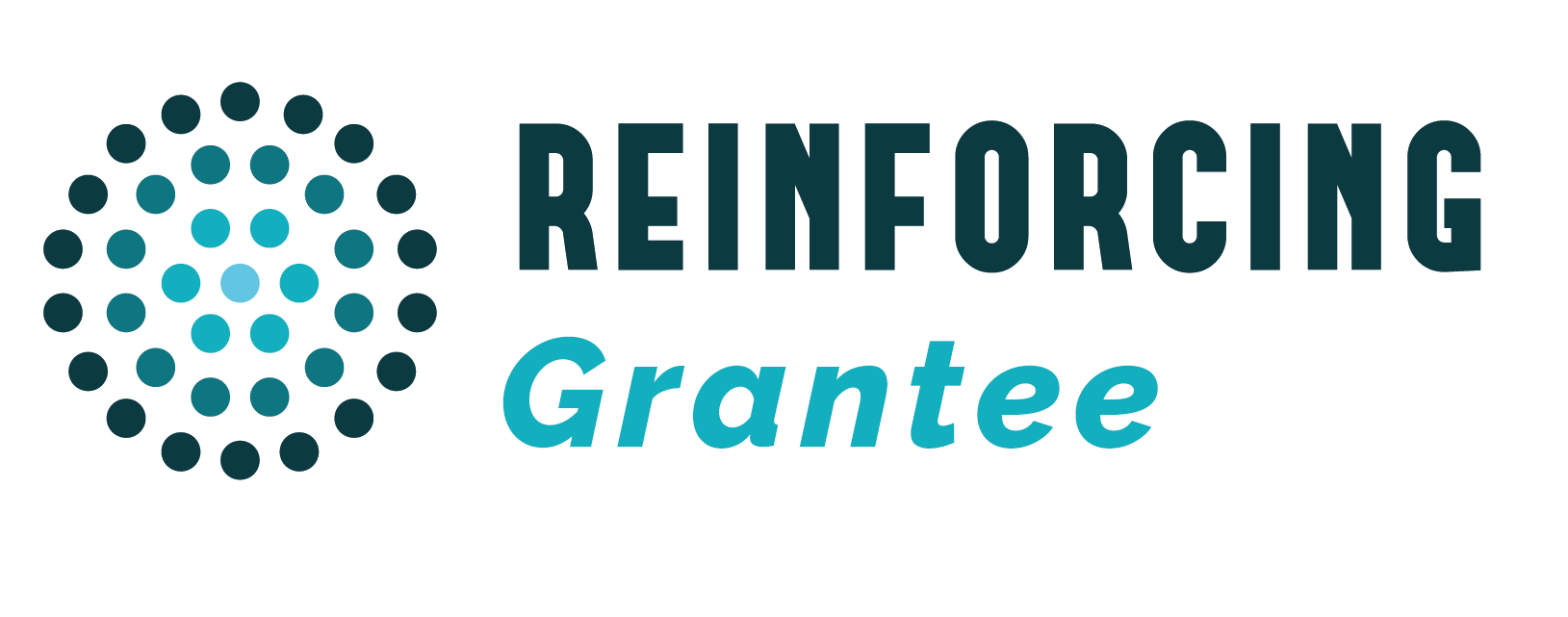

Funded by the European Union. Views and opinions expressed are however those of the auhor(s) only and do not necessarily reflect those of the European Union or the REA. Neither the European Union nor the granting authority can be held responsible for them.



